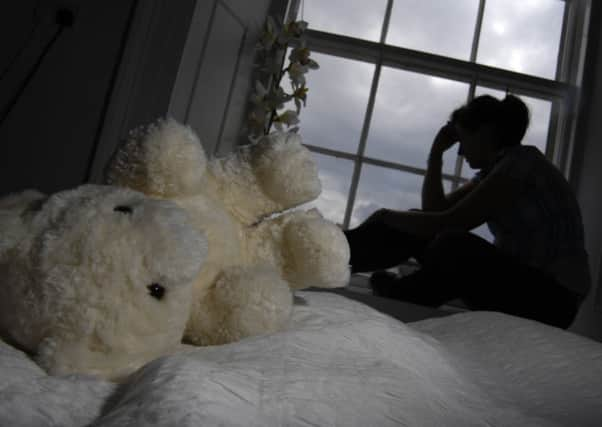Scott Macnab: Abortion causing stir before MSPs take control


Abortion is already proving contentious even before being devolved, as English MPs, led by the former Labour leadership hopeful Yvette Cooper, voiced fears that handing control to Scotland could make the issue more vulnerable to well-funded anti-abortion lobbyists who want to see the current time limit tightened.
At the moment, women must have their termination within 24 weeks of pregnancy. But this was established in the 1960s and the anti-abortion lobby points to advances in medical technology which mean many premature babies born earlier are likely to be kept alive.
Advertisement
Hide AdAdvertisement
Hide AdNicola Sturgeon has made it clear that she doesn’t want to change the current limits. But this was not a view shared by Alex Salmond who indicated he was sympathetic to a 20-week limit, as was former health secretary Alex Neil. When the Nationalist MSP John Mason recently lodged a motion at Holyrood calling for the rights of the unborn child to be taken into consideration when control over abortion is devolved, it met with a stinging backlash from pro-choice supporters.
All this points at least to a split among the political class – and grassroots campaign organisations are already agitating. The anti-abortion lobby has formed the coalition entitled Don’t Stop a Beating Heart. This is made up largely of religious organisations. The group believes the current law in the UK is “excessively liberal” and have voiced concerns that it could be rolled back further – even to the “point of birth”.
Perhaps the most jarring claim concerning the wider anti-abortion campaign is that well-funded US groups could be providing resources and organisational support. It does raise the unpleasant spectre of the more hardline approach across the Atlantic which sees abortion clinics routinely picketed and, in extreme cases, staff suffering attacks.
The women’s campaign groups which make up the bulk of the pro-choice lobby are unlikely to push for any extension of the limits in the coming years. However there is concern over the lack of availability of services and a push to make these more widely available is likely. Calls to decriminalise the act which, thanks to archaic Victorian laws means it is still technically punishable by jail sentences, are also likely to provide the grounds for a clash between the sides.
The issue affects a huge amount of families in Scotland with more than 11,000 terminations carried out in 2014, although this is down from a high of more than 13,000 six years earlier. This accounts for about one in seven pregnancies so it is easy to see why the issue has the potential to create the kind of divisions in Scotland which were witnessed during the gay marriage debate a few years ago. But this surely doesn’t justify leaving the “tough” issues with Westminster to decide on. It makes little sense for Holyrood to have control over the rest of health but not this key issue. If the Scottish Parliament was created for anything, it was surely to take on the big decisions which lie at the core of public life in Scotland. If that involves the kind of tempestuous debate we may face over abortion, then so be it.